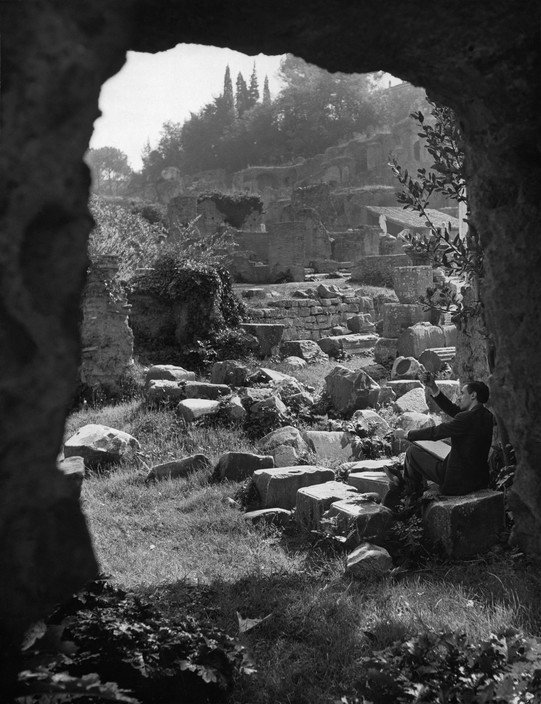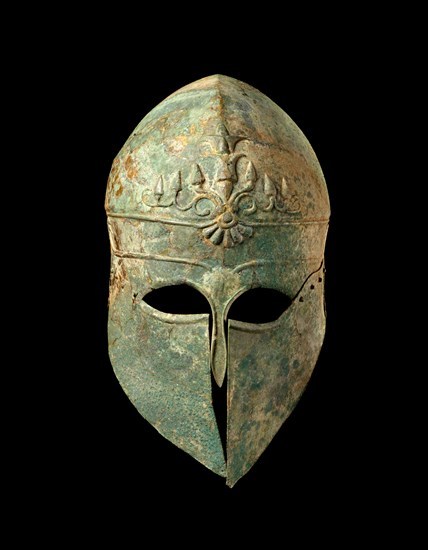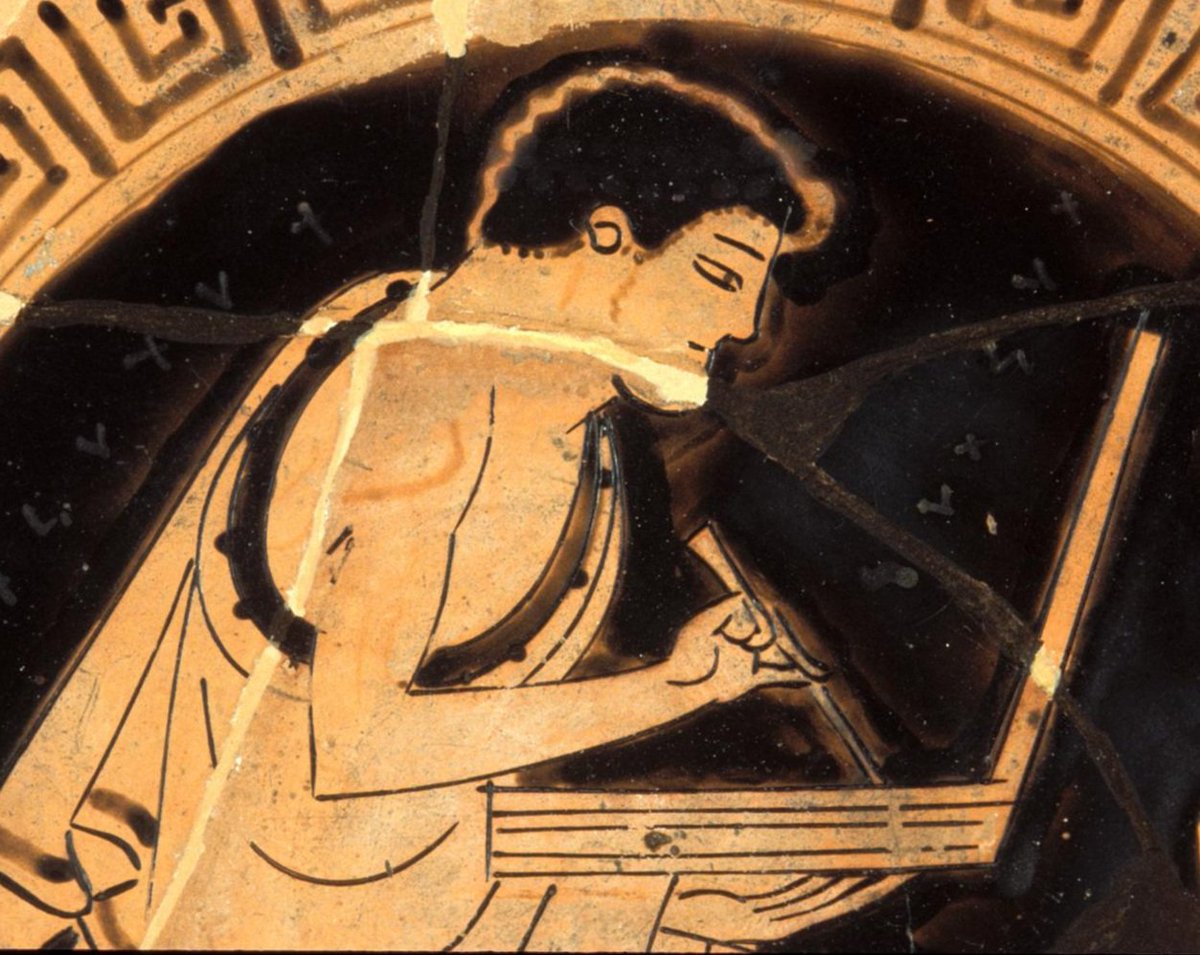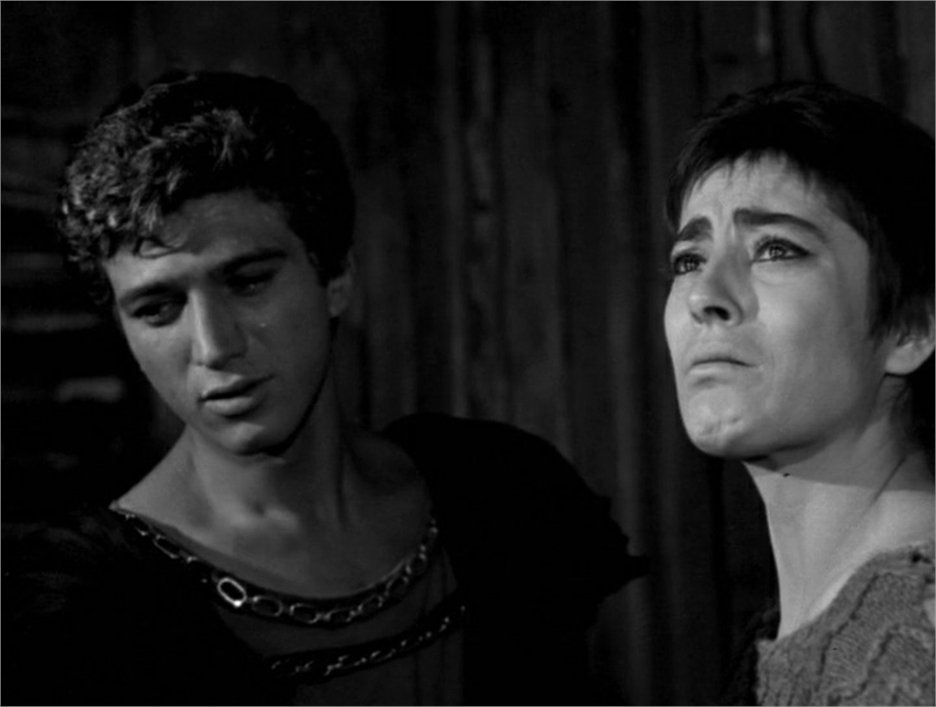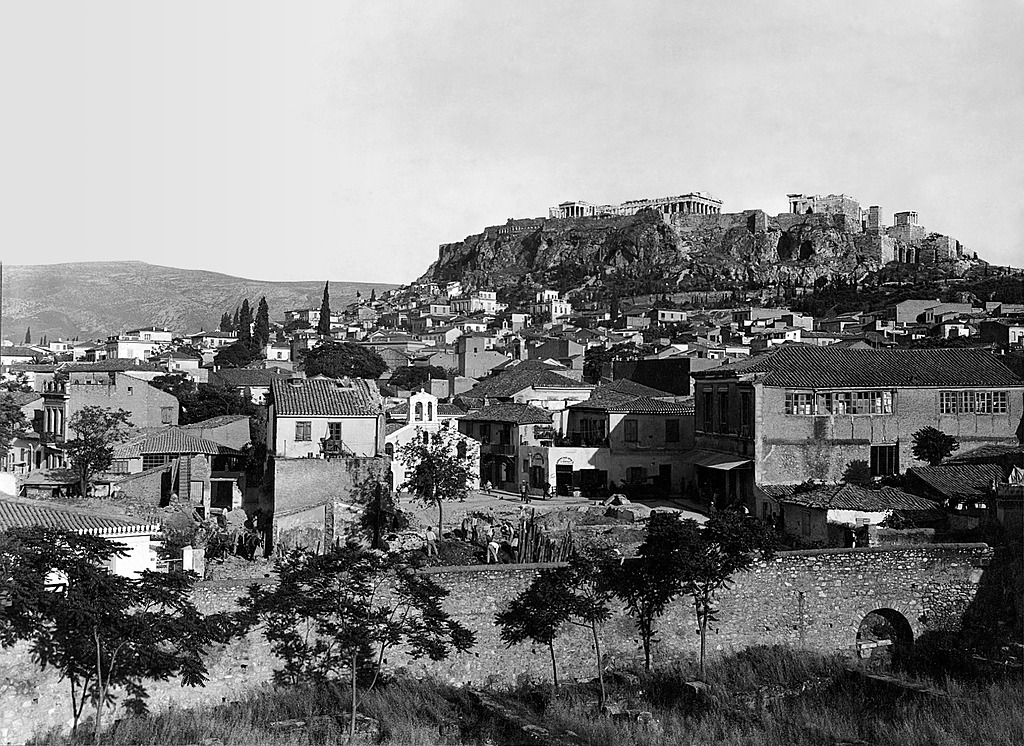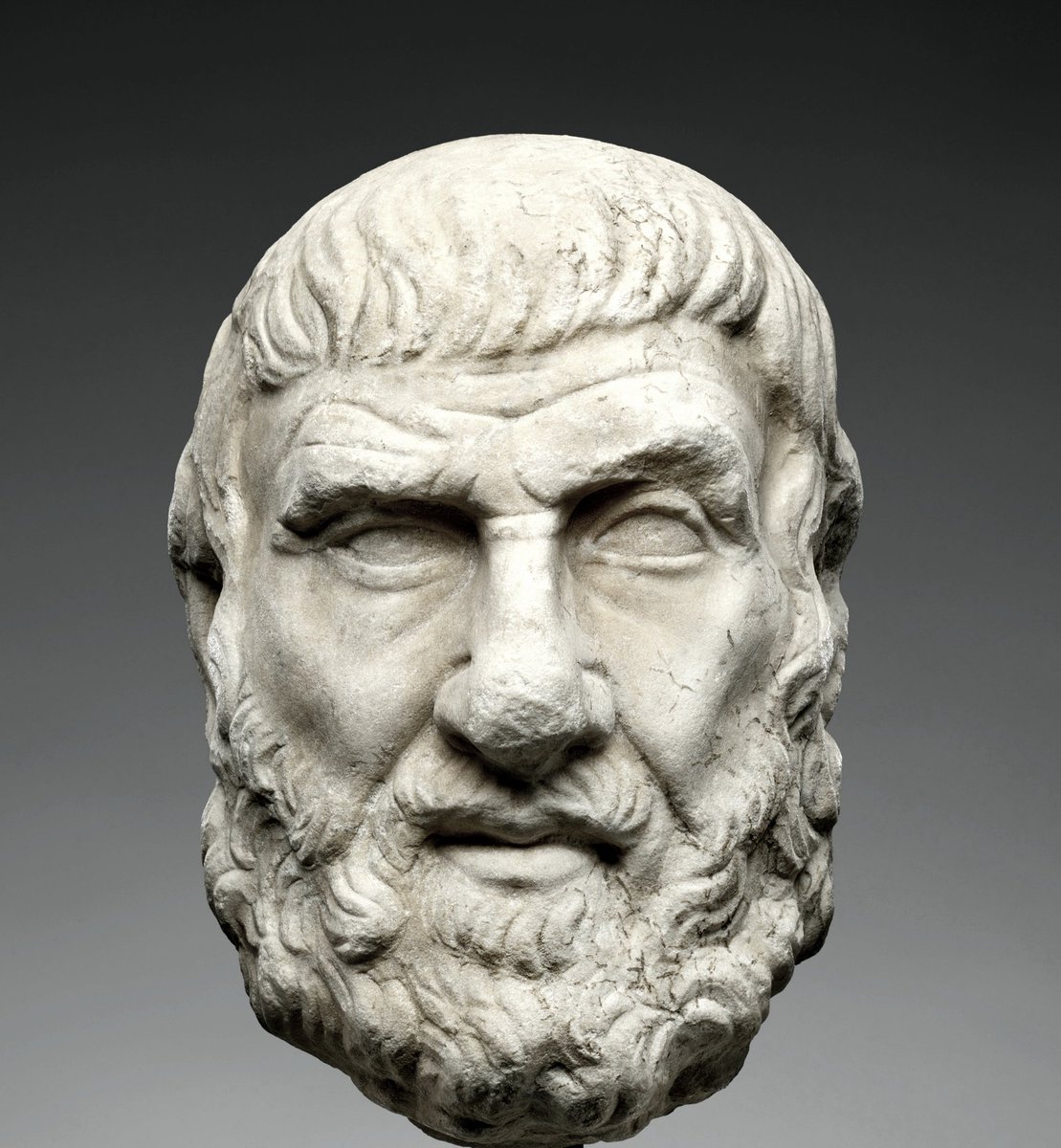
The Grandeur of Decay
Nothing reveals more the inexorable passing of Time than the cracking sound of a falling stone, echoing among ancient arches.
Man builds a colossal artifice in a heroic attempt to arrest Time but what he fears most is his soul afflicted by mortality.
Nothing reveals more the inexorable passing of Time than the cracking sound of a falling stone, echoing among ancient arches.
Man builds a colossal artifice in a heroic attempt to arrest Time but what he fears most is his soul afflicted by mortality.

Anfiteatro Flavio or Colosseo, Roma- photograph by Pino Musi [1]
Our enduring allure with ruins likens to an edenic separation and return.
The Roman triumphal arch that is no more but a memorial to the brevity of human endeavors.
A silence that seems lifeless but inhabited by meaning.
The Roman triumphal arch that is no more but a memorial to the brevity of human endeavors.
A silence that seems lifeless but inhabited by meaning.
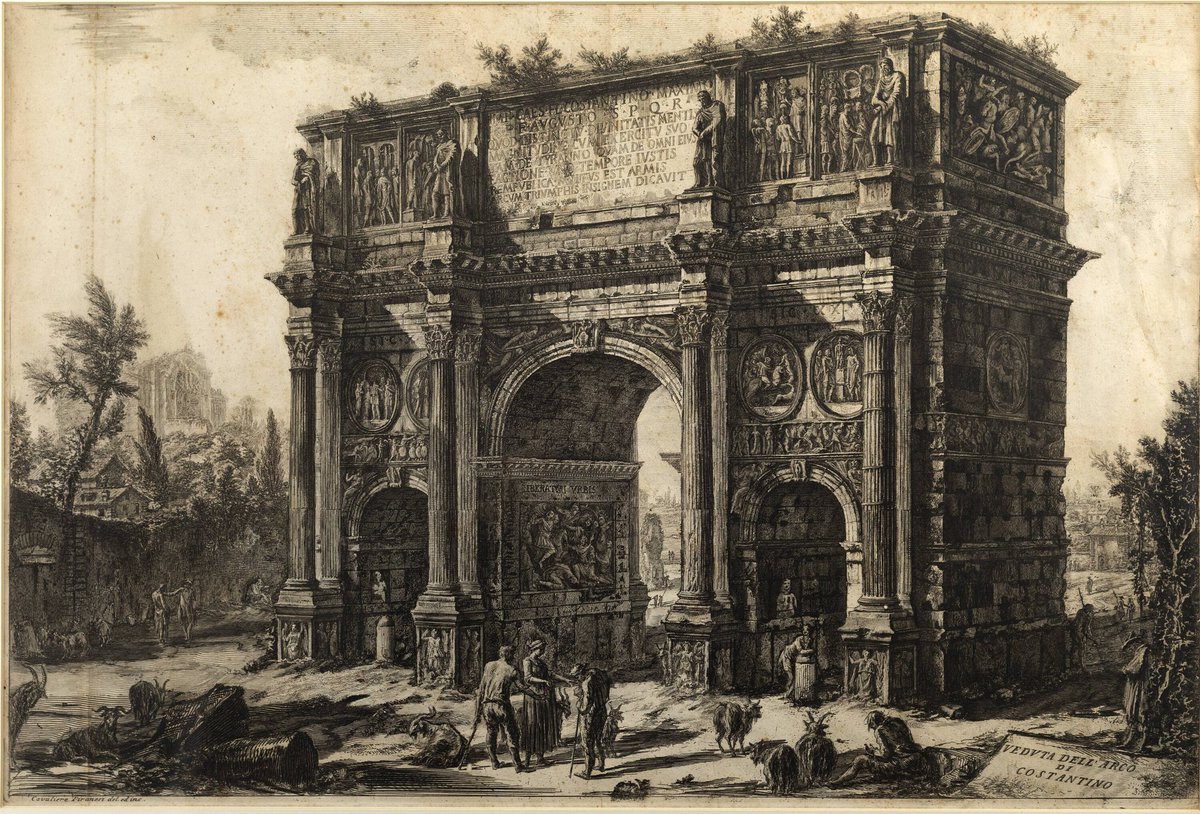
Giovanni Battista Piranesi - Veduta dell`Arco di Costantino- etching, 1771 [1]
Roman Forum, photograph by Herbert List, 1949. [1]
• • •
Missing some Tweet in this thread? You can try to
force a refresh

